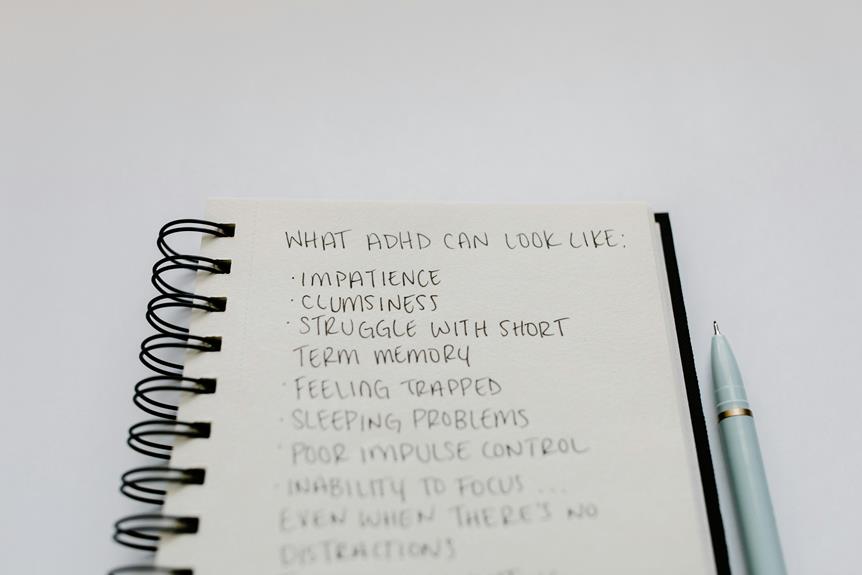How Does Decluttering and Organization Impact Mental Clarity and Focus?

Decluttering and organization directly impact your mental clarity and focus by reducing stress, enhancing cognitive function, and minimizing distractions, ultimately leading to improved productivity and overall well-being. These simple practices can make a significant difference in your daily life.
The Science Behind Decluttering
Understanding the science behind decluttering can provide insight into how it impacts mental clarity. When you declutter your physical space, you aren't just organizing your belongings; you're also decluttering your mind. Research has shown that a messy environment can lead to increased levels of cortisol, a stress hormone, which can negatively affect your ability to focus and think clearly. By tidying up and getting rid of unnecessary items, you create a more peaceful and organized environment that can help reduce stress and improve cognitive function.
Additionally, decluttering has been linked to increased productivity. A study conducted at the Princeton University Neuroscience Institute found that a cluttered environment can overwhelm the brain and make it harder to concentrate on specific tasks. When you remove the excess stimuli that clutter brings, your brain can process information more efficiently, leading to improved focus and productivity. So, the next time you feel overwhelmed or unfocused, consider decluttering your space to reap the mental clarity benefits.
Clarity Through Organized Spaces
Organized spaces serve as a catalyst for enhancing mental clarity and overall well-being. When your environment is neat and tidy, it allows your mind to focus better, reducing feelings of overwhelm and stress. Picture walking into a room where everything has its place – from books neatly arranged on shelves to a clutter-free desk – instantly, your mind feels calmer and more at ease. The visual order in your surroundings translates into a sense of order within yourself.
In an organized space, you can locate things easily, eliminating the time wasted searching for misplaced items. This efficiency not only saves time but also boosts your productivity. As you navigate through a well-organized environment, your brain processes information more effectively, leading to improved cognitive function. The clarity gained from an organized space extends beyond just the physical realm; it seeps into your mental state, fostering a sense of tranquility and focus. By maintaining order in your surroundings, you create a harmonious environment that nurtures your mental well-being.
Enhancing Focus With Tidiness
Entering a space free of clutter can significantly sharpen your focus and concentration. When your environment is tidy and organized, your brain isn't constantly distracted by visual stimuli, allowing you to direct your attention more effectively to the task at hand. Imagine sitting down at a clean desk with everything in its place versus a cluttered desk with papers scattered everywhere. The former provides a sense of calm and clarity, making it easier for you to concentrate on your work.
Tidiness promotes mental clarity by reducing the cognitive load on your brain. With fewer distractions around you, your mind can fully engage in the present moment, enhancing your ability to stay focused for longer periods. This increased focus leads to improved productivity and efficiency in completing tasks. By maintaining a tidy space, you create a conducive environment for deep work and undisturbed concentration, ultimately boosting your overall cognitive performance. So, declutter your surroundings and watch as your focus sharpens, allowing you to tackle tasks with heightened clarity and efficiency.
Practical Tips for Mental Well-Being
To enhance your mental well-being, consider incorporating practical tips into your daily routine. Begin by establishing a consistent sleep schedule to ensure you get enough rest each night. Adequate sleep promotes cognitive function and emotional well-being. Additionally, engage in regular physical activity to boost your mood and reduce stress levels. Exercise releases endorphins, which are known to improve mental health.
Another practical tip is to practice mindfulness and meditation. Taking a few minutes each day to focus on the present moment can help reduce anxiety and increase overall feelings of calmness. Setting aside time for activities you enjoy, whether it's reading, painting, or spending time outdoors, is also crucial for your mental well-being. These activities can provide a sense of fulfillment and relaxation.
Furthermore, maintaining a balanced diet with plenty of fruits, vegetables, and whole grains can positively impact your mood and energy levels. Lastly, don't hesitate to seek support from friends, family, or a mental health professional if needed. Prioritizing self-care and implementing these practical tips can significantly improve your mental well-being.
Conclusion
Decluttering and organization can have a powerful impact on your mental clarity and focus. By creating a tidy and organized environment, you can reduce stress, enhance productivity, and improve overall well-being.
Remember, a clean space leads to a clear mind, so take the time to declutter and organize your surroundings for a more focused and peaceful mindset.





